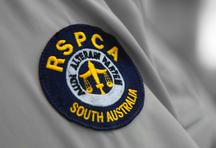Pet-care plans during COVID-19: how to keep your pets and farm animals safe in case of emergency
May 07, 2020As the coronavirus pandemic was at its peak across the globe, we learnt that preparation is everything.
At RSPCA South Australia, we’ve spent several weeks putting plans in place, minimising risks and preparing for the worst – so that no matter what, we can protect the welfare of the animals in our care.
We’re seeing the curve starting to flatten – and while it’s extraordinarily promising, we can’t afford to be complacent.
In case the worst isn’t yet over and the pandemic hits our charity even worse than it already has, we’re prepared. And today we’re asking those of you with companion animals to do the same.
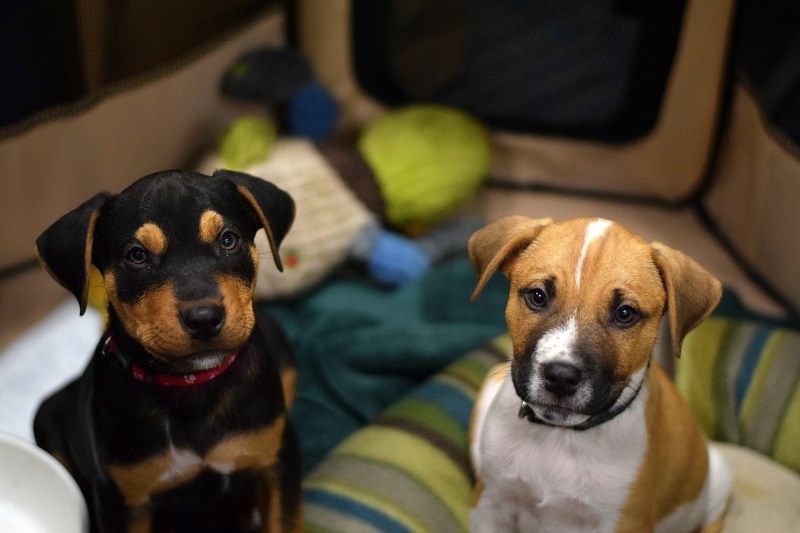
We must all be proactive about caring for our pets and farm animals
Firstly, we want to assure you that there is currently no evidence that humans can contract COVID-19 from animals. You can read more about this on our RSPCA Knowledgebase.
You cannot contract the virus from domestic animals, but over the next few months, we do ask everyone with pets to consider the possibility that something may prevent you from caring for your animals as you normally would, and to put a plan in place.
In case of COVID-19 infection or contact with someone infected, you will be required to quarantine for at least 14 days, meaning you’ll be unable to leave the house for essential supplies for your pets.
There’s also the possibility of the opposite: you may need to leave your pets in an emergency situation – whether that be hospitalisation from COVID-19 infection, family violence, or something else.
We recommend the following 3-step approach, to ensure that you’re prepared ahead of time if any of the above realities occur.
We’ve also put together this emergency checklist so you can easily check that you’ve covered everything you need to ensure your animals will be well looked after.
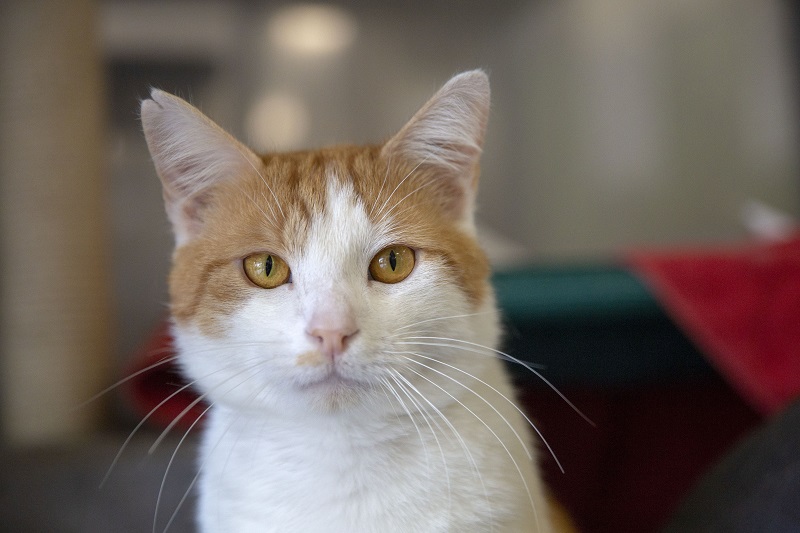
1. Make sure your pet has sufficient supplies of food and medicine to last animal/s at least two weeks
If you do become required to quarantine, we recommend keeping two weeks’ worth of supplies for each of your pets at all times, including food, any medications and other essentials like kitty litter.
Please keep in mind that we do not encourage hoarding beyond this or buying more than needed, since this creates shortages for others and results in negative outcomes for animals.
For some people, we understand that keeping two weeks’ worth of pet supplies at a time isn’t possible. If this is the case for you, please ensure that you have arrangements in place for a friend, family member or neighbour to deliver supplies to you (while avoiding direct contact) if you become unable to leave the house. Pet food and litter can also be ordered online from RSPCA PetVille and delivered to your door.
Remember, if you have concerns about your pet’s health while you are quarantined, you will be able to ring your vet without leaving the house. Your vet will be able to work with you to ensure your pet receives the care they need, while upholding the safety of themselves and their staff.
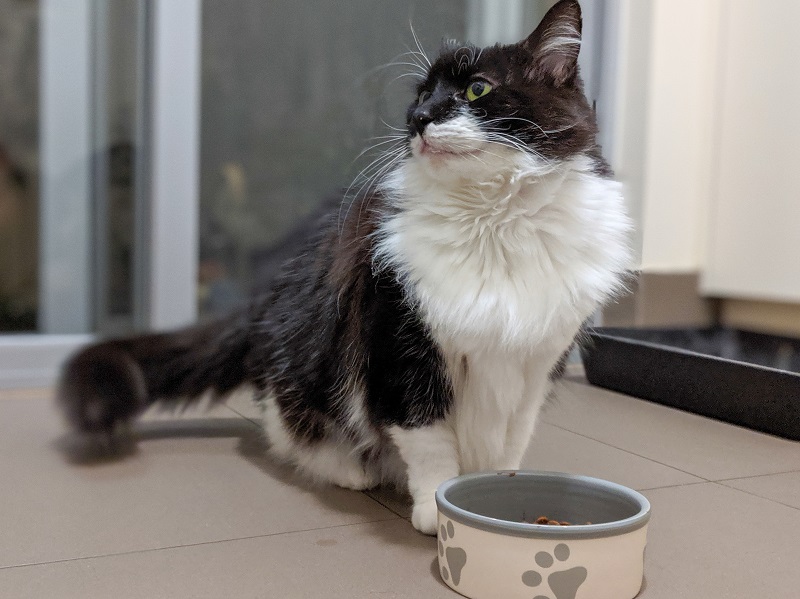
2. Create a written emergency plan to hand over to temporary caretakers of your animal/s
In the event you need to suddenly leave your pets due to hospitalisation, we recommend preparing a written plan for each of your animals, and displaying a copy of it somewhere prominent like the fridge, making sure to include details of any emergency carers or contacts.
This can then be given to whoever ends up caring for your animal/s in your absence – or whoever ends up caring for you and needs to be aware of arrangements for your pet/s.
A written plan is especially important if you are unable to find family members or friends with the ability to care for your pets temporarily, meaning they will end up in the care of someone you don’t know.
That being said, we do encourage you to share this plan with close family, friends or neighbours ahead of the need for its use. That way, those around you will know how to help your animal/s in case of emergency.
We recommend including the following in your written plan:
- Your name and mobile number, as well as contact details for up to three contacts who will be able to update your pet’s caretaker on your medical status.
- A photo of your pet, and a document containing their name, age and feeding schedule, what they normally eat, details of any medical conditions and medication instructions/prescriptions, their temperament, likes and dislikes, suitability to children/other animals, whether they live indoors/outdoors, etc.
- Details of your pet’s current vet clinic alongside any copies of medical records, proof of up-to-date vaccination records and/or microchip details.
It’s also worth keeping two supplies of pet food and any medication at hand with your pet’s carrier, collar, leash and any ID tags, so that these things can accompany the written plan.
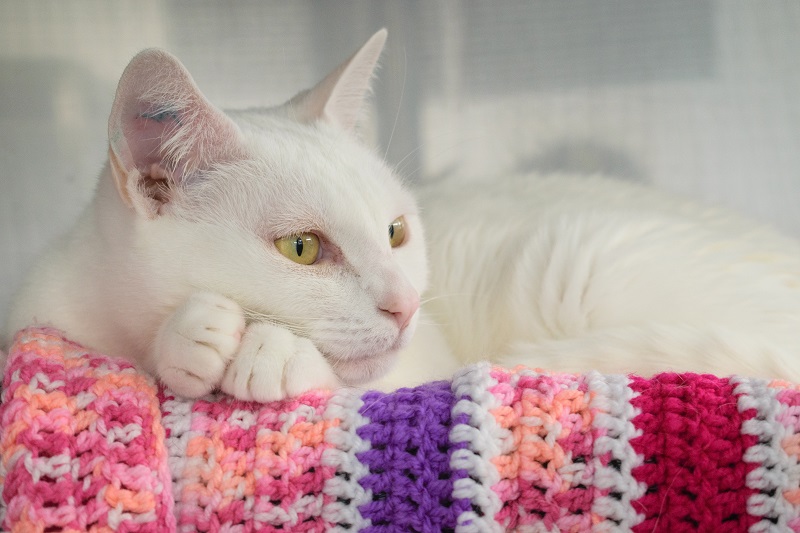
3. Plan temporary caretakers for your animal/s just in case
Ideally, this is something we encourage all pet owners to do, even outside of this global pandemic.
You never know when something may temporarily prevent you from caring for your animal, and it’s best to have arrangements in place just in case you need them.
We recommend contacting neighbours, family, friends, and petsitters to see who might be able to mind your pet in the event that you are unable to. You will also need to pre-arrange someone to transport your pet to any temporary residence, since you will not be able to do this yourself if you test positive to COIVD-19.
Make sure to carry a copy of contact details for emergency pet/farm animal carers in your wallet, mobile phone or bag. You can print our handy downloadable emergency card* for this.
The most ideal situation for your animal is for them to stay out of a shelter and be cared for in a home, since this will be a less stressful environment for them.
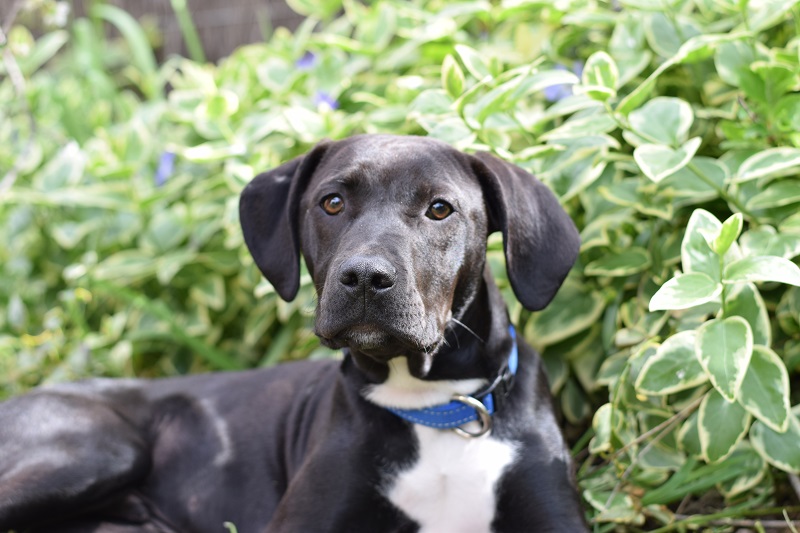
We encourage pet owners and owners of other animals to be proactive and prepared wherever possible. But, of course, we understand this isn’t an option for everyone.
If you do find yourself in urgent need of someone to care for your pet/s or farm animals while you are in hospital or another situation and you are are unable to find anyone, please contact us to discuss whether we can help. Please note that we have limited resources, so eligibility criteria will apply.
Remember, to check that you’ve covered everything to prepare for your pets and how they’ll be cared for in case of emergency, you can follow our emergency checklist. Don’t forget to also print our downloadable emergency card* to carry around in your wallet.
* RSPCA South Australia would like to thank the South Australian Department of the Premier and Cabinet for supporting the development of these emergency cards. The cards were produced under RSPCA’s Safe Kennels project, which is generously supported by a grant from the Department.


